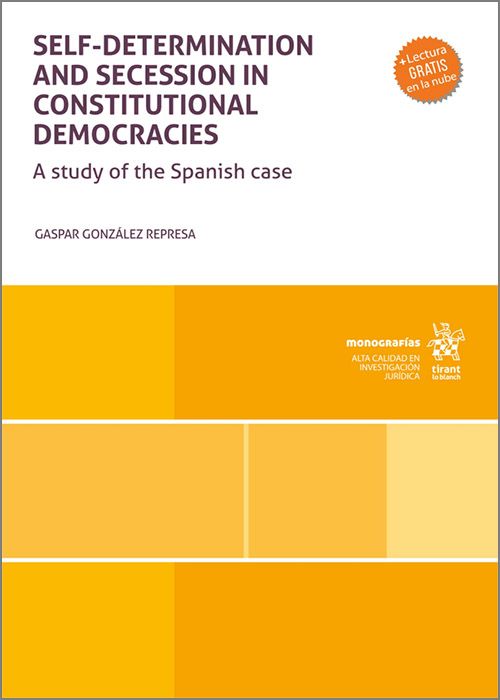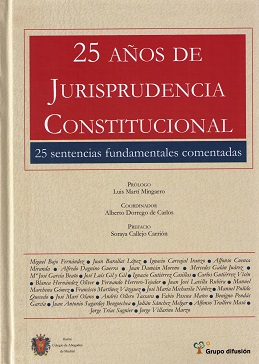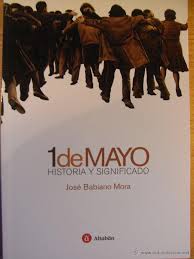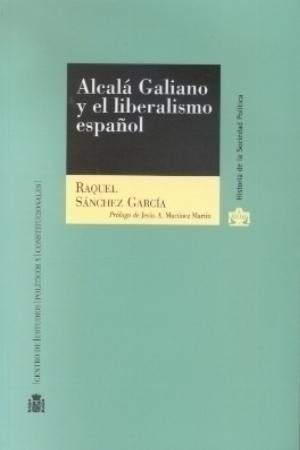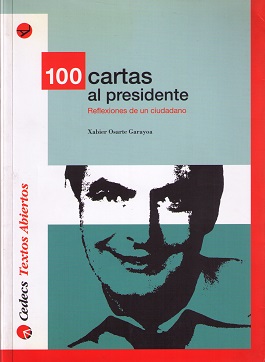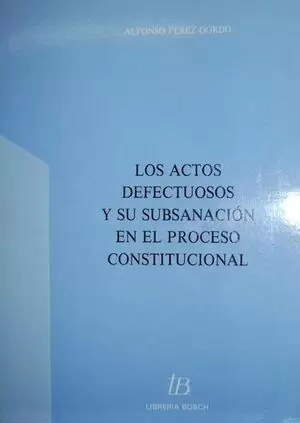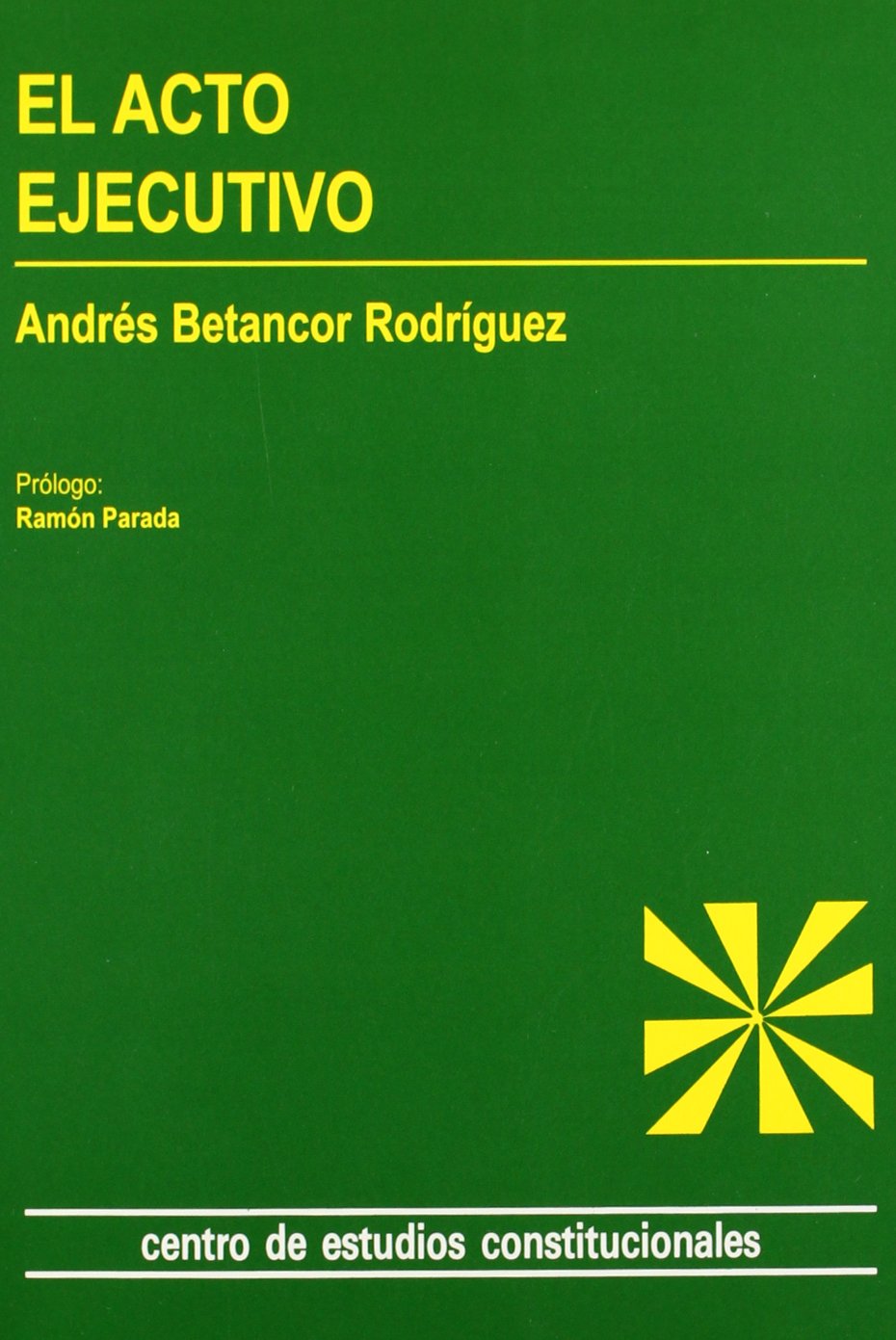Self determination and secession in constitucional Democracies A study of the Spanish case.
Secession has had a great historical importance and remains a major issue in the national and international political arena today. Secession and territorial disputes have historically been solved by force. In fact, in many recent examples force has been used to achieve independence or to preserve the territorial integrity of a state.
Finding a legal solution to secession is still an open question and a particularly difficult task, which this research aims to shed some light on though.
PART I. THE INTERNATIONAL AND COMPARATIVE CONTEXT
CHAPTER I. THE RIGHT TO SELF-DETERMINATION OF PEOPLES UNDER
INTERNATIONAL LAW
Introduction
1. The Principle of nationalities and the Nation-State. THE equivalence between political and
cultural community
2. From the principle of nationalities to the principle of self-determination of Peoples: The
Fourteen Points of Wilson and the Treaty of Versailles
3. the principle of self-determination of Peoples WITHIN the United Nations after World War II.
The positivation of the right to self-determination
3.1. The positivation of the right to self-determination of peoples during the
decolonization period. Colonial territories as the subjects of the right
3.2. The new and ambiguous evolution of the right to self-determination and the
secessionist cases. The codification of the principle of territorial integrity
4. Secession-remedy episodes. The last stage in the evolution of the right to self-determination
5. The twofold nature of the right to self-determination of peoples
5.1. Self-determination as a right of peoples: the objective and subjective scopes
5.1.1. The objective scope of self-determination
5.1.2. The subjective scope of self-determination
5.2. Self-determination as a duty of a third state: the principle of non-interference in the
internal affairs of states
Recapitulation
CHAPTER II. THE RIGHT TO SECEDE IN COMPARATIVE CONSTITUTIONAL LAW
Introduction
1. The phenomenon of secession and its legal acknowledgement
1.1. Distinction between remedial secession and democratic secession
1.2. The existence of a right to secede
1.2.1. Abstention from international law
1.2.2. The turn of constitutional law. A global overview of the world´s
constitutions
2. The two historical models of acknowledgement of a right to secede in case of ambiguity in the
constitutional text
2.1. The traditional United States model and the compact theory during the American
Civil War
2.2. The constitutional fit of secession. The new model launched by the
Supreme Court of Canada
2.2.1. … and that the United Kingdom followed with Scotland
3. The regulation of a right to secede and its clash with democratic constitutionalism and the
rule of law
3.1. Is it possible to constitutionalize a right to secede?
3.1.1. Secession and its accomplishment in constitutionalism. The due respect
for the constitutional principles and its meta-constitutional nature
3.2. Is it advisable to constitutionalize a right to secede?
3.2.1. Suitability of legalizing democratic secession. The conflict between the
rule of law and democratic legitimacy on the secession initiative
4. The constitutional path for democratic secession. The collective democratic will
4.1. Democratic stimulus in favour of secession that prompts the negotiations on the
constitutional accommodation of secession or the exercise of a right to secede
4.2. Theory of the two agreements for a triple consent in the regulated procedure for
secession
Recapitulation
PART II. SECESSION UNDER SPANISH CONSTITUTIONAL LAW
CHAPTER III. ATTEMPTS TO FIND A LEGAL CHANNEL FOR SECESSION
Introduction
1. The attempts by the Lehendakari Ibarretxe
1.1. The Plan Ibarretxe. The amendment of the Basque Statute of Autonomy rejected by
Congress
1.2. The Basque consultation law 9/2008
2. El Procès
2.1. The 2006 amendment of the Statute of Autonomy of Catalonia
2.2. The first independence query on 9 November 2014
2.3. The disconnection laws, the referendum on 1 October 2017 and the UDI
Recapitulation
CHAPTER IV. THE ACTUALITY OF THE CONSTITUTION. THE EXISTENCE OF LEGAL
CHANNELS FOR SECESSION
Introduction
1. The feasibility of the remedial-secession in Spain
1.1. On the grounds of serious violations of fundamental rights
1.1.1. Protection of rights, constitutionalism and rule of law. Guarantees for
rights in the Spanish Constitution
1.1.2. Violations of rights alleged by the independence movements
1.2. On the grounds of an infringement of the internal self-determination of an AC
1.2.1. Internal self-determination in a constitutional democracy and its
configuration in Spain
1.2.2. Infringements of internal self-determination alleged by the independence
movements
2. The constitutional scheme choice on democratic secession. The implicit prohibition of
secession
2.1. Independence movements in Spain as episodes of democratic secession
2.2. The Spanish constitutional scheme on democratic secession of sub-state entities
3. The right to decide. The prohibition of consulting on secession
3.1. The scope of the right to decide provided by the independence movements
3.2. Constitutionality of the scope provided to the right to decide
Recapitulation
CHAPTER V. THE POTENTIALITY OF THE CONSTITUTION. PROSPECTS OF A LEGAL
CHANNEL FOR SECESSION
Introduction
1. Is it possible to recognise a right to secede under Spanish constitutional law?
2. When is it advisable to recognise a right to secede under Spanish constitutional law?
3. The constitutional path for democratic secession under Spanish Constitutional Law
Recapitulation
CONCLUSIONS
REFERENCES

